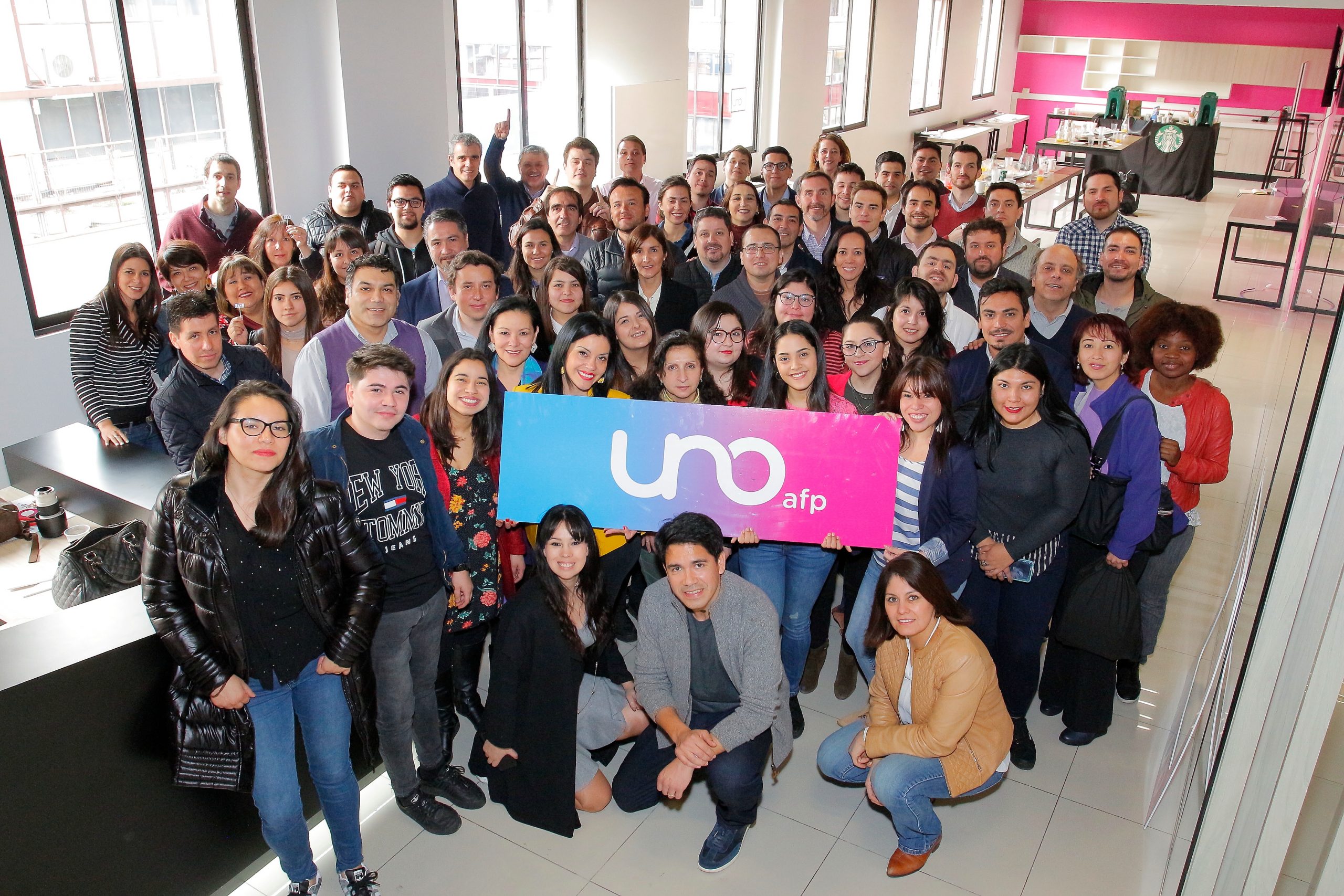Infraestructuras sociales: invertir en activos esenciales para la sociedad
| Por IreneValiente | 0 Comentarios

Las infraestructuras sociales resultan cruciales para la actividad económica, la productividad y el bienestar social. Podríamos definirlas como las estructuras necesarias para que una sociedad funcione adecuadamente, desde colegios, hospitales y cárceles hasta redes de transporte como carreteras o líneas ferroviarias. En 2006, estos activos se convirtieron en una clase invertible, con el lanzamiento en Reino Unido del primer fondo de infraestructura (HICL).
Históricamente, la construcción y el mantenimiento de este tipo de instalaciones corría a cargo del sector público (administración local o nacional). Los cambios demográficos han convertido las infraestructuras en una prioridad aún más importante para los gobiernos de todo el mundo. Teniendo en cuenta que los recursos públicos son limitados, las empresas de infraestructuras sociales proponen mejorar los servicios gracias a eficiencias operativas y permiten transferir el riesgo al sector privado.
Un poco de historia
En el Reino Unido, las asociaciones público-privadas (PPP, por sus siglas en inglés) y las iniciativas de financiación privada (PFI) usan capital privado para desarrollar infraestructuras sociales básicas. Surgidas a principios de los años noventa, ganaron popularidad en 1997, coincidiendo con la victoria electoral del laborista Tony Blair, y pronto se convirtieron en la forma de financiación preferida para los grandes proyectos de infraestructuras.
A lo largo de los últimos 20 años, más de 700 proyectos se han financiado con unos 60.000 millones de libras de capital privado. Este modelo ha sido adoptado por muchos otros países que también se enfrentan a limitaciones presupuestarias y de endeudamiento público. El mercado de las PPP y las PFI ha crecido de forma significativa tanto en los países desarrollados como emergentes.
A los inversores les atrae el hecho de que los proyectos de infraestructura social suelen estar sujetos a mecanismos de pago basados en la disponibilidad (availability-based, en inglés). Es decir, el dueño de la infraestructura recibe pagos regulares a cambio de asegurarse de que el activo esté operativo y disponible. Los pagos corren a cargo de un organismo público, normalmente gubernamental, por lo que los riesgos relativos a la demanda o al precio son limitados. Las concesiones suelen mantenerse durante décadas y, con frecuencia, las cantidades pagadas se ajustan por la inflación.
El horizonte a largo plazo, unos flujos de caja respaldados por el Gobierno y unas rentabilidades mucho más atractivas que las de los bonos gubernamentales han facilitado que esta clase de activo capte importantes volúmenes de capital.
Cómo funciona
Normalmente, cada proyecto de infraestructura se canaliza a través de una entidad instrumental (SPV) que es “inmune a la quiebra” de la empresa matriz, ya que es independiente desde el punto de vista legal y financiero. Los proyectos se financian mediante una combinación de deuda a largo plazo y capital. Quienes invierten en deuda valoran la seguridad de estos proyectos, que ofrecen flujos de ingresos constantes y estables a largo plazo.
Los inversores que aportan capital participan en proyectos de explotación y desarrollo con empresas promotoras y de gestión de instalaciones que se responsabilizan de la calidad del proyecto y de la gestión diaria. Por eso, el riesgo de contraparte es un factor importante para estos inversores, que deberán asumir los costes incurridos por el cliente en caso de que el activo no esté disponible para su uso. A cambio de asumir este riesgo, suelen percibir una rentabilidad cercana al 7% de los proyectos operativos.
Nosotros invertimos en la clase de activo a través de sociedades de inversión cotizadas de tipo cerrado (closed-end) que aportan el capital para proyectos de infraestructuras. Los vehículos de “capital permanente” se adaptan bien a activos con ciclos de vida tan largos. Estas empresas se negocian en mercados cotizados y facilitan que los inversores puedan acceder a una amplia gama de proyectos de infraestructuras tanto en el Reino Unido como en Europa, Norteamérica y Australia.
Fuente de diversificación
Las concesiones de infraestructuras sociales suelen ser a largo plazo, lo que les permite generar flujos de caja predecibles sujetos a la disponibilidad del activo, en vez de a su uso. Las inversiones se ven respaldadas por el gobierno o la regulación. Además, en muchos casos, los ingresos de las concesiones se ajustan por la inflación. Por todos estos motivos, creemos que las infraestructuras sociales representan una fuente de diversificación particularmente interesante.
Tribuna de Mike Brooks, responsable de multiactivos diversificados en Aberdeen Standard Investments












